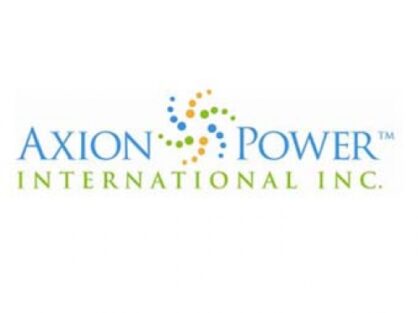Four months after signing a letter of intent (LOI) with an obscure British Virgin Islands-registered company, lead-carbon battery developer Axion Power has announced the deal has collapsed.
Part of the deal included sending 100 large energy storage batteries developed in Western Pennsylvania to China for testing. They were purported to be able to smooth out the electric grid by storing and releasing power on demand.
LCB International, which lists its principal office in Shanghai, had agreed in June to manufacture and sell US-based Axion’s products
on an exclusive basis in China, Taiwan, Macao and Hong Kong. Click here for more on the story.
But LCB had still not made ‘a timely investment in the company’ nor had been willing “to contemplate anything more than a technology licence’, Axion Chairman Donald Farley wrote in a letter to shareholders last week.
Axion formed in 2003 to develop its battery technology but less than a year after its initial public offering it was warned by the Nasdaq stock exchange that it could be de-listed for falling below the minimum of $2.5 million in stockholder equity.
When the deal with LCB was signed, it was hailed as a 154.6% boost to Axion, who received a $250,000 ‘earnest payment’ with further investment lined up.
“Despite the enormous effort put forth by management and its advisors over the past four months, LCB was ultimately unwilling to work within the framework of the binding letter of intent, and Axion’s efforts were to no avail,” said Farley.












